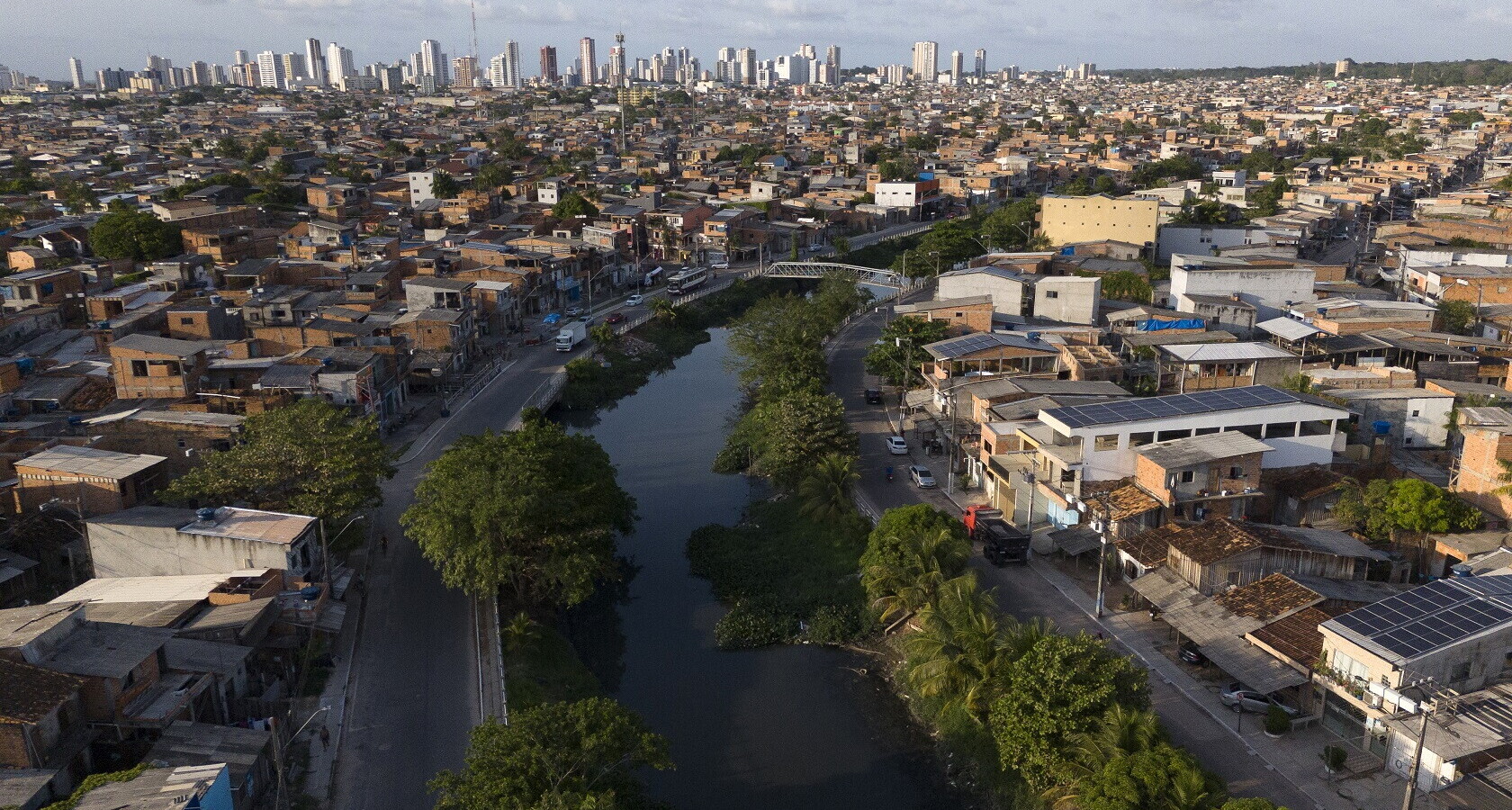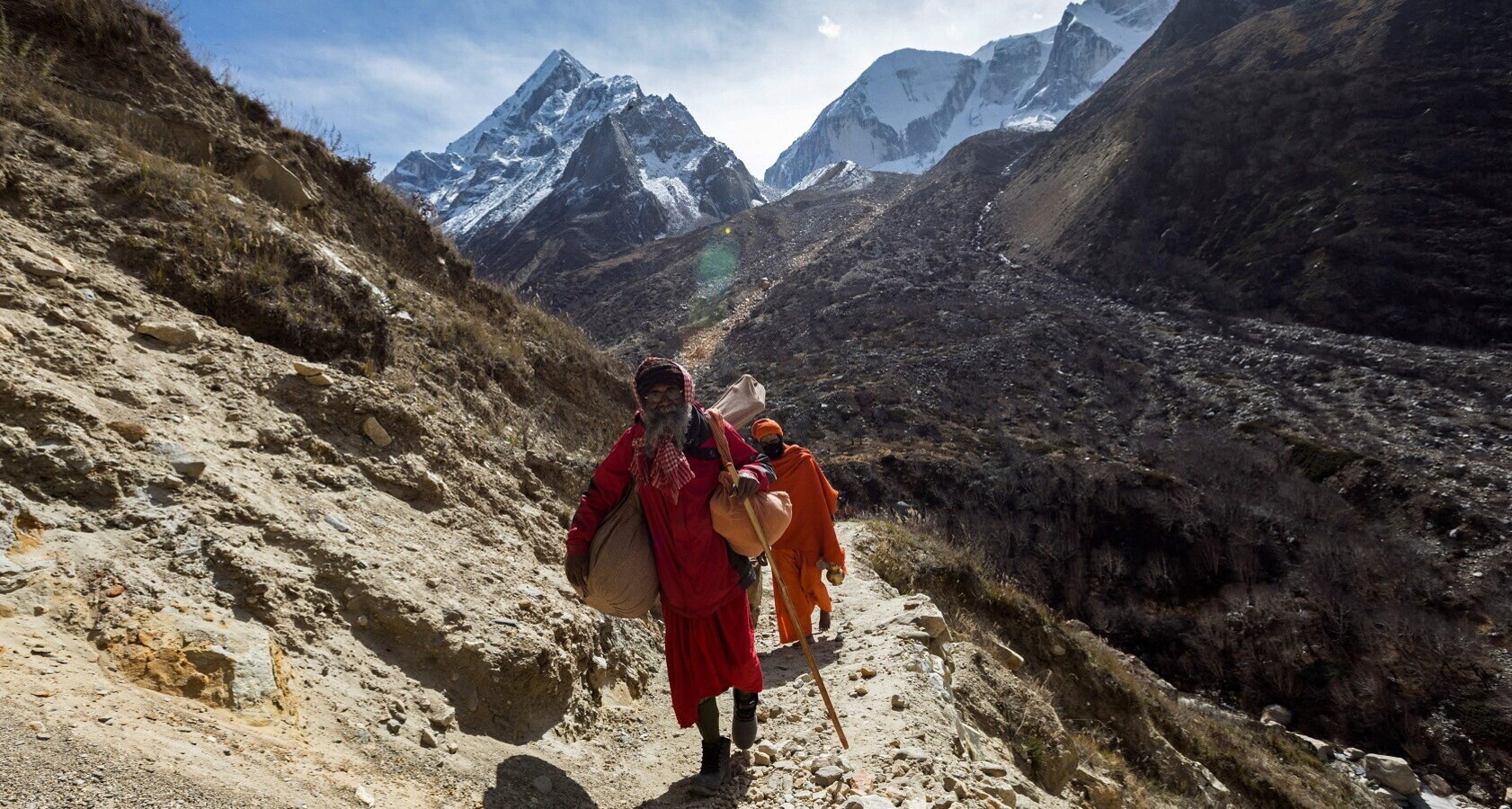
United Nations
Unbelievable: COP30 has already begun
Belem, November 10, 2025. Lula pushed for it and is very much banking on it, and has put an experienced diplomat in charge: Andrea Correa do Lago. His first moves are a letter of invitation to all world countries and a commentary extolling the central role of the US in civil society and business
7 minAt its lowest moment, can the United Nations’ COP30 recover from last year's flop in Baku, where the number of officials in attendance was almost halved and the number of world leaders wholly inappropriate to an event that for years—since the Paris Agreement in 2015—had become a focal and media center of the world? Even after Trump's parting of ways with an executive order abandoning the Paris Agreement—but not the United Nations Framework Convention on Climate Change—it may be that the upcoming COP30, to be held in mid-November in Brazil, one of the BRICS countries, in Belém, on the doorstep of the Amazon, will prove to be more interesting than expected.
Each to their own role
Lula strongly advocated hosting the COP. Meanwhile, for internal reasons: Bolsonaro, newly elected, broke off plans for Brazil and the COP had to be hurriedly moved to Madrid in December 2019. And this time, Lula wants to mark the difference. Also, precisely because Trump will not be there, it could be an interesting stage for the BRICS and other countries in the limelight. In past years, India has played the role—especially at the Glasgow COP, where Modi’s speech took a very hard line on the rich and industrialized countries—of champion of the small and less-developed countries to secure a few years of reduced climate mitigation in order to first reach the energy peak, and then begin the transition to renewable energy. Indeed, India—among the top ten largest CO2 emitters—is one of the countries that has most clearly virtuously reversed course, and will be able to stake this claim in Brazil, in a favorable environment, and together with the leader of a fellow BRICS country. Then there is the unknown of China, which in the COPs as in all its diplomatic manifestations alternates periods of large and visible presence with periods of cautious vigilance. This is the country with the highest rate of atmospheric emissions in the world, which for this very reason announced its target of peak emissions in 2030 and only after then a reduction in emissions, over thirty years, to Net Zero in 2060. However, it seems that according to some scholars and experts, China has already reached its projected peak for 2030, and thus may begin an early descent. If this is true, we will also find out from the attitude it will display in November in Belém. China was decisive in the launch of the Paris Agreement, and its endorsement of the treaty was symbolically signed along with the then US President Barack Obama. It cannot be ruled out that its decisions may depend on the future outcome of its agreements or disagreements with President Trump. It could barter an accord with the US in exchange for a less stinging economic "confrontation." Or decide to ride COP30 and take the lead in an action that highlights its possible anticipated positive results and thus isolate the US. We don't know, and to find out, we will have to wait until the end of the year.
Thoughts turned to the US
Or at least until the countries party to the framework convention will have submitted their NDCs (Nationally Determined Contributions) i.e., the national framework of achieved results, which will be discussed in Belém. So far, the big countries that have delivered their 2025 NDCs—as well as Brazil, of course—include the UK, New Zealand, Canada and Japan. While it should be pointed out that the United States delivered a 2024 update with targets through 2035 in one of President Biden's last acts, just before Christmas 2024, exactly on December 19. Perhaps harking back to this—and to the fact that only the US has done better than India among the world's most polluting countries in reducing emissions over the past four years—the newly appointed President of COP30, Andrea Correa do Lago, recently appointed by President Lula, in his letter of introduction and invitation to all UN states party to the Climate Convention, spoke of a great opportunity to seek a non-ideological agreement and hope for a central presence of the US.
N
ot so much at COP30, where it is not expected, but in day-to-day activities, in business and civil society engagements. This is a sign that in the customary sessions—which are no longer a corollary of confrontation, as at the beginning, but real working sessions, in the world of business and companies committed to the environment and renewable energy and global NGOs—the US with its captains of industry and presidents of associations and movements will be "over-invited."
Andrea Correa do Lago has been a fine diplomat for many, many years, it shows in these early moves, and he will have by his side as executive director of COP30 Ana Toni, economist and Brazil's Secretary of State for Climate Change and Energy.
Their diplomatic offensive of empathy and dialog with everyone has already begun. And certainly, Lula will also be heavily engaged. Undoubtedly the confrontation with Trump's "no" vote and its possible effects will be another interesting input. Of course, being in one of the few unspoiled green lungs of the planet, the Amazon Rainforest, will hold its own special charm. Together with global political conditions in great turmoil and to date essentially unpredictable, this symbolic location could even lead to an outcome not yet considered: the UN COP rising from its ashes. Who knows?

